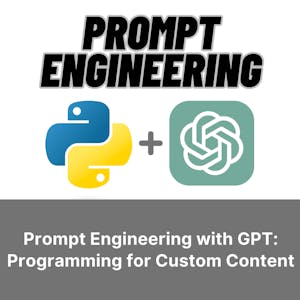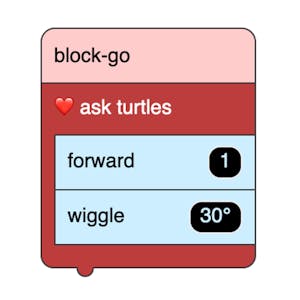Cloud Data Engineering
About this Course
Welcome to the third course in the Building Cloud Computing Solutions at Scale Specialization! In this course, you will learn how to apply Data Engineering to real-world projects using the Cloud computing concepts introduced in the first two courses of this series. By the end of this course, you will be able to develop Data Engineering applications and use software development best practices to create data engineering applications. These will include continuous deployment, code quality tools, logging, instrumentation and monitoring. Finally, you will use Cloud-native technologies to tackle complex data engineering solutions. This course is ideal for beginners as well as intermediate students interested in applying Cloud computing to data science, machine learning and data engineering. Students should have beginner level Linux and intermediate level Python skills. For your project in this course, you will build a serverless data engineering pipeline in a Cloud platform: Amazon Web Services (AWS), Azure or Google Cloud Platform (GCP).Created by: Duke University

Related Online Courses
Ever wondered how we can use AI in programing to make our workloads easier? In this 2-hour long project-based course, you will master the art of prompt engineering to design an educational tool... more
This course provides an introduction to data center networking technologies, more specifically software-defined networking. It covers the history behind SDN, description of networks in... more
Programming and complexity thinking are key skills for approaching 21st century challenges. NetTango Builder is a tool that allows for the creation of blocks-based programming experiences based on... more
This course provides foundational knowledge for those interested in developing a better understanding of basic dental terminology. The course will define and explore clinical and non-clinical terms... more
This Specialization is intended for intermediate learners that have some knowledge of Java who are seeking to continue developing skills with Java Enterprise Edition (EE). Through four courses, we... more







